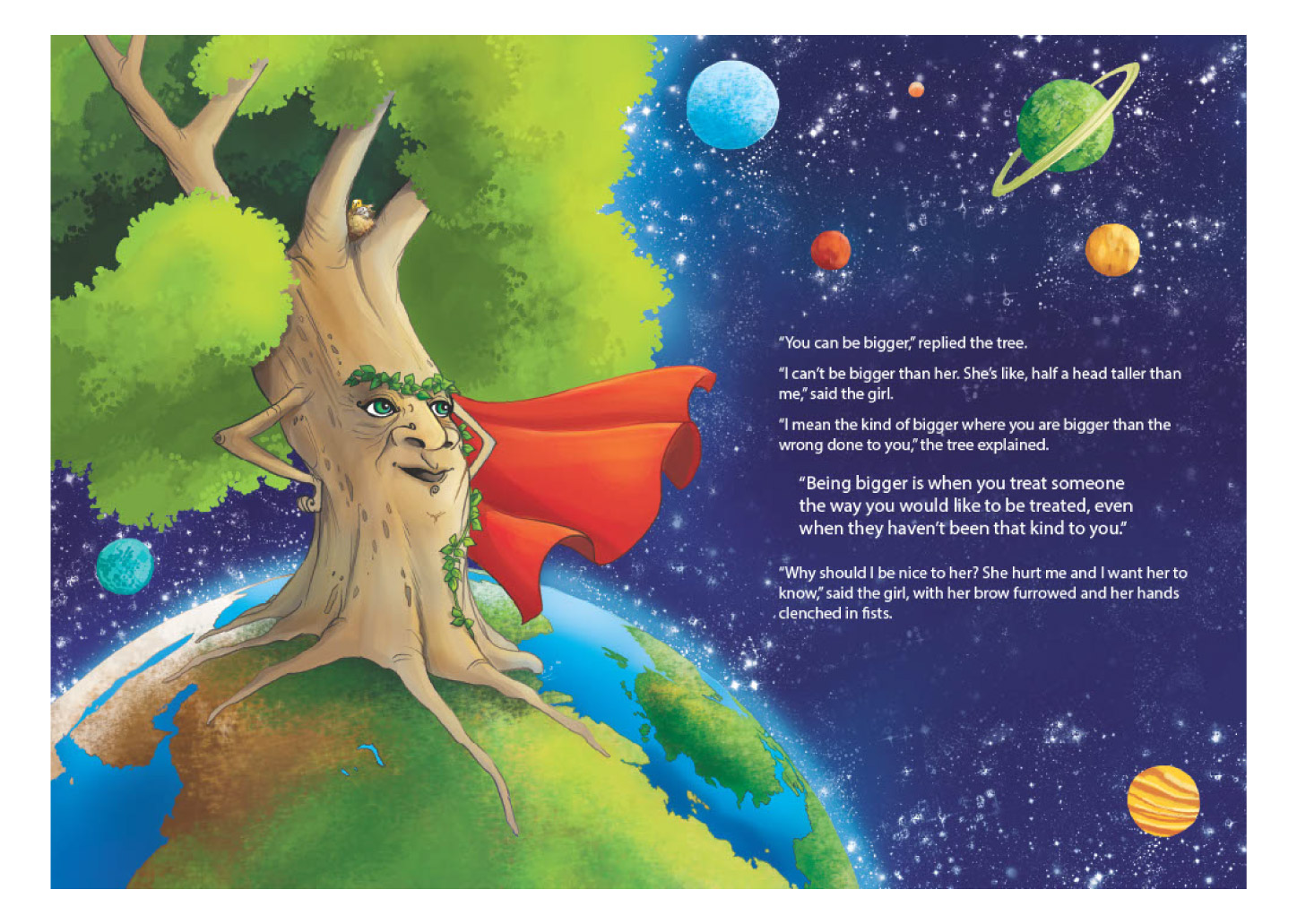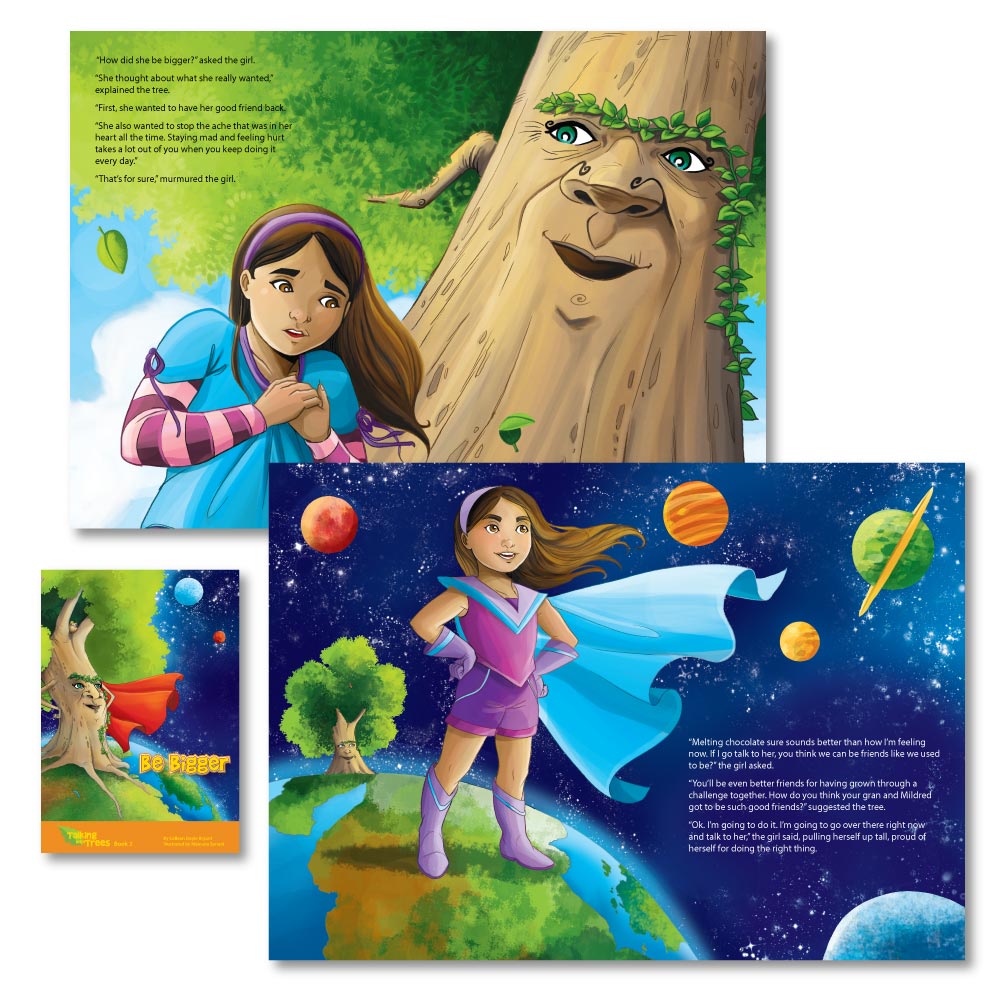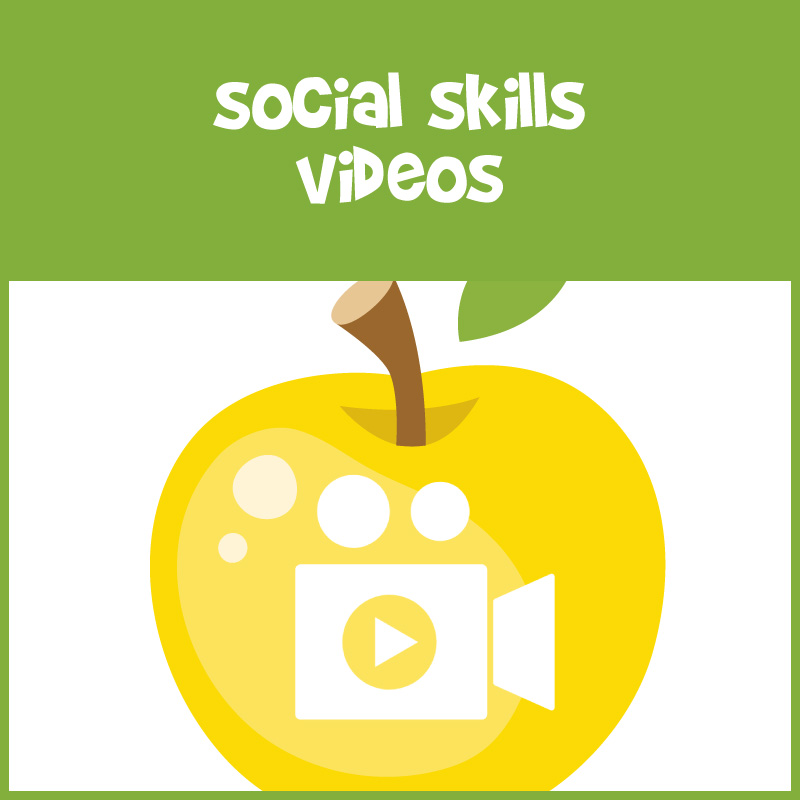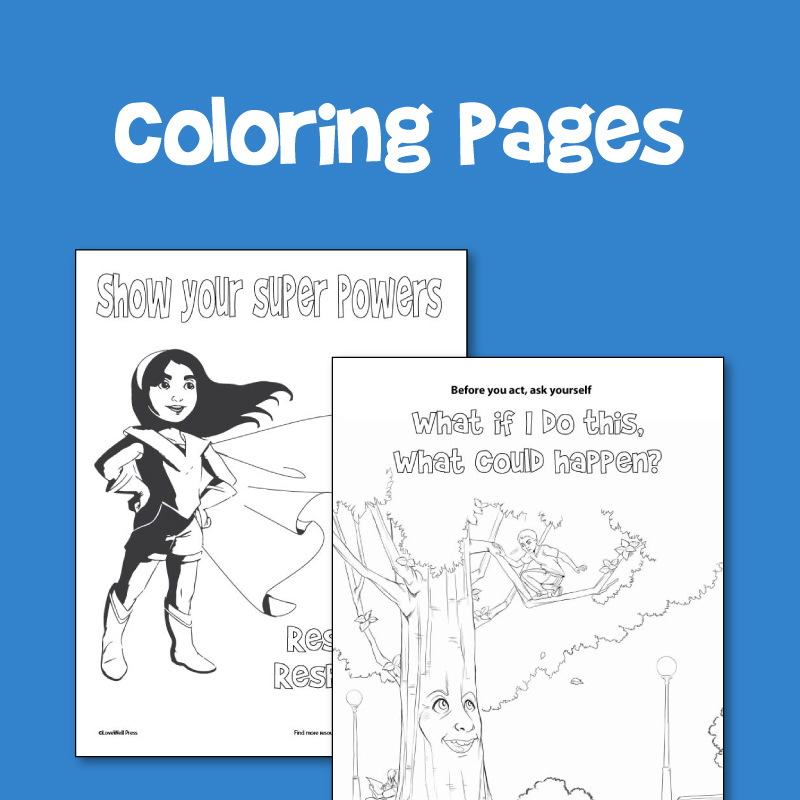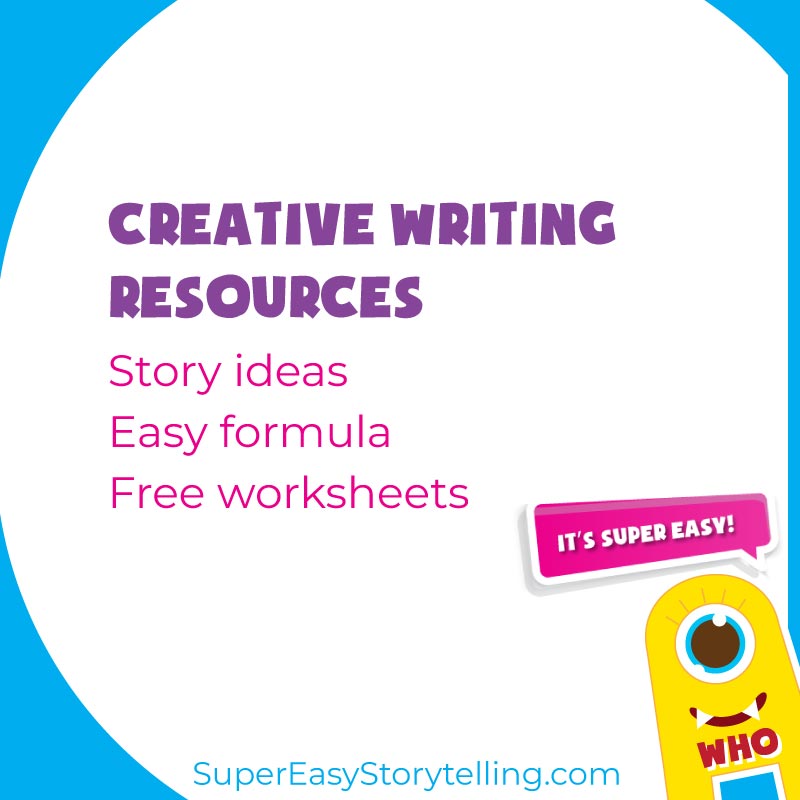Be a Tree
An SEL technique for dealing with difficult people
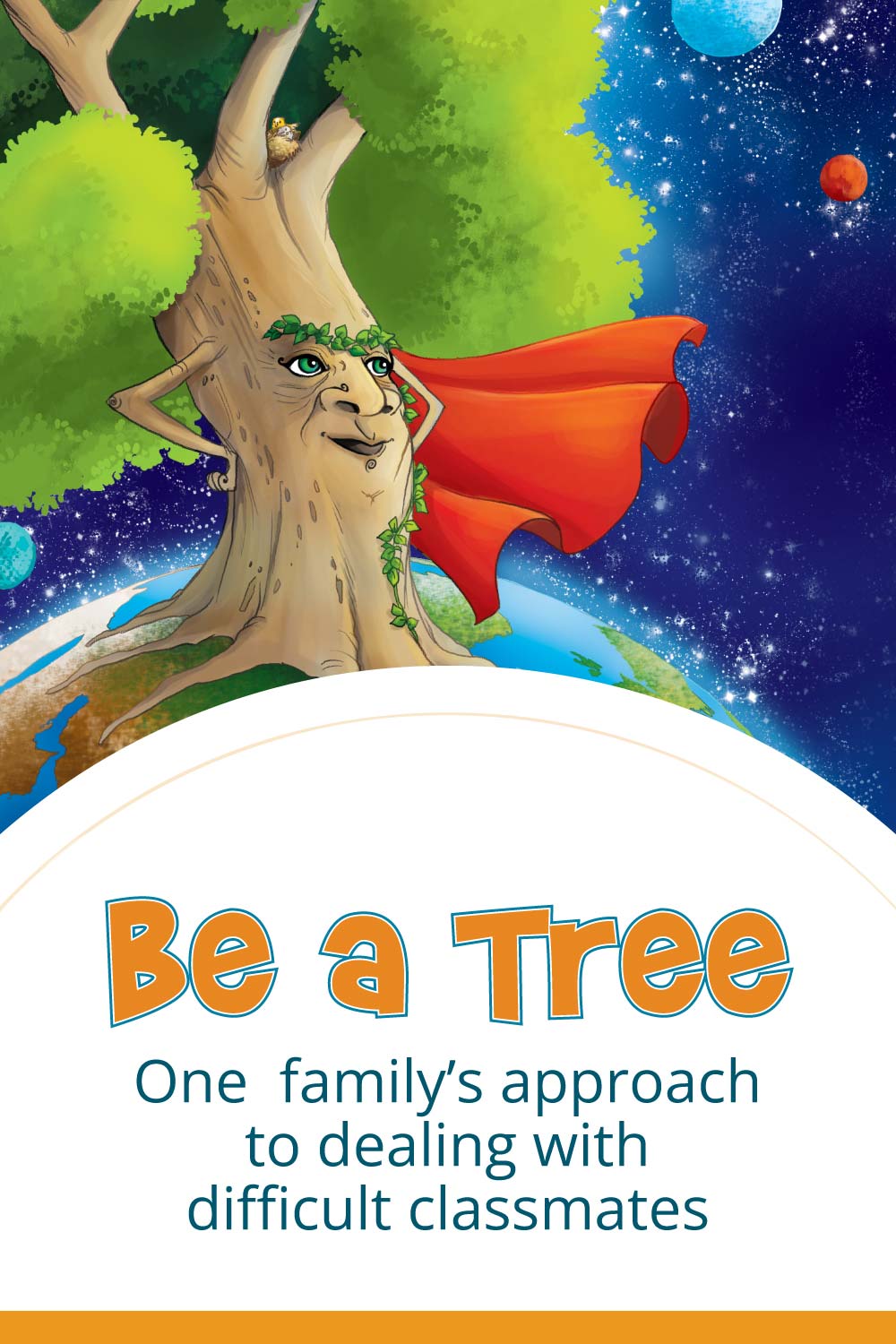
"Be a tree. Everyday I remind her, ‘Just be a tree.’”
Every morning as my friend and her daughter wait for the school bus, they say aloud, “Be a tree.” Why? Because riding the school bus with a classmate who is being unpleasant can make for a rough start to the school day.
You see, my friend’s daughter was struggling with how to handle another child who was disruptive and simply wasn’t nice to be around. She tried confronting the other girl, she tried persuading the other girl, but nothing was working. See how she and her daughter created a simple way to deal with difficult people.
Start with a story
My friend read the book Be Bigger with her daughter. Be Bigger is the story of a girl who is upset with her best friend because the friend wasn't very nice to her one day. The girl in the story doesn't know what to do about it and gets some help from a wise, somewhat feisty, Elm tree in the school yard. The tree teaches the girl that even when someone else is being difficult, you can choose to "be bigger," which means treating people the way you want to be treated, even when other's aren't being so kind in return. Being bigger is about rising above the negativity going on around you and doing what you know is right, even when it’s hard. In the end, even if you can’t change someone else’s behavior, you can at least be happy with your own actions. You can rest in the self-respect and self-esteem that comes from knowing you acted in a way you are proud of, no matter what others did.
Realize we can only control our own behavior
Realizing that we can’t control everything is a big step in growing up. We can’t always make the other kids think, act, or do things the way you would like them to. We can talk to people about an issue with respect and sometimes they will adjust their behavior. But when that doesn’t work, the only thing we can do is to control our own reactions and our own feelings. Of course if a child is facing bullying or threatening behavior, adults need to take action. However, children face lots of smaller issues in which other kids annoy them or hurt their feelings in less serious ways. Children need strategies for dealing with these lesser issues on their own.
So each day, instead of getting frustrated that the girl won’t change her behavior, my friend’s daughter focuses on setting a positive example. She reminds herself to be bigger than the other child’s negativity and takes comfort in knowing she’s not engaging in an argument that can’t be won.
Colleen Doyle Bryant
Colleen Doyle Bryant is the author of five books and more than 50 learning resources about making good choices for the right reasons. Her Talking with Trees series for elementary students and Truth Be Told Quotes series for teens are used in curricula around the world. Rooted in Decency, Colleen’s most recent release, written for an adult audience, explores how the decline in common decency is affecting wellbeing, and how we can build more trust and cooperation. Learn more at ColleenDoyleBryant.com

